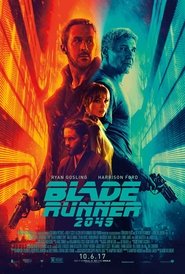Security and secrecy throughout the production were so high that the producers and filmmakers adopted various measures to prevent leaks to the public, such as limiting the amount of behind-the-scenes publicity, apart from an approved Omaze video. To prevent the ending from being leaked, it was communicated verbally, and not included in the scripts handed out to the actors and actresses. According to actor Lennie James, other security measures included such things as when actors and actresses being considered for supporting roles were given scripts, they were required to decide whether to accept within thirty-six hours. The scripts were incomplete, mostly the first twenty pages, and a random number of pages that included their characters (in James' case, he was shown the twenty pages after his last scene). Once an actor or actress accepted the offer, the full script was given. Everyone was subject to a non-disclosure agreement, with heavy penalties for violation. Actors and actresses were searched at entry points to the sets. Cell phones and cameras were forbidden. For each shooting day, actors and actresses were required to sign on the sides for the day when given, and again when returning them, as they were not allowed to keep the sides. Failure to return them would result in not being allowed to leave the set at the end of the day. Digital scripts could only be opened on one device, copy-protected, and were deleted automatically after a certain number of hours (in James' case it was nine hours after he completed filming his scenes).
Scritto da il
05-03-2025 alle ore 08:59
Immagini
Nessun dato in archivio
Consiglia
Voto
Nessun dato in archivio
Commenti
Nessun dato in archivio
Nessun dato in archivio
